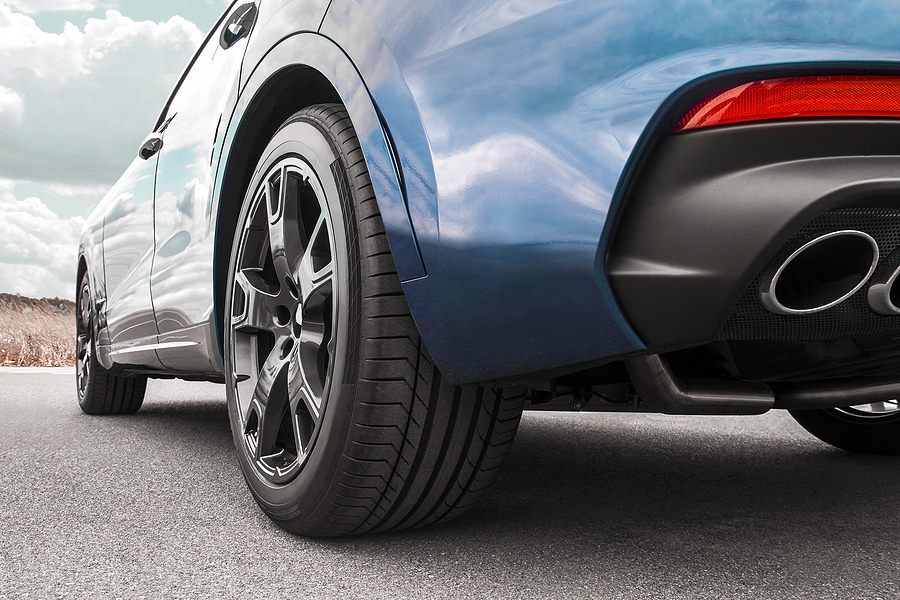When it comes to a DWI, the consequences of a conviction in Missouri can be severe. As with all other states, Missouri law prohibits driving while intoxicated under the influence of alcohol or drugs. If you are pulled over, and over the limit, you could find yourself on the receiving end of a DWI – driving while intoxicated – conviction, as well as a hefty punishment.
How Is DWI Monitored?
Missouri has a number of methods for detecting DWI offenses, as well as a variety of punishments depending on factors such as the regularity of the violations, the seriousness of the crime, and the driver’s record, amongst other considerations. Blood alcohol level limits are the main criteria, and these can be tested at the roadside.
According to legislation, if the BAC (blood alcohol level) of a driver reaches 0.08% during a test, there is no other evidence of impairment required for a DWI conviction. Punishments here may include suspension of the driver’s license and implied consent to ongoing tests for drugs and alcohol. The next stage is ‘aggravated DWI’ – this is employed if the driver’s blood-alcohol level exceeds 0.15%. The penalties for this are harsher and may include a total ban or even a custodial sentence.
Anyone who is under the legal drinking age for Missouri – 21 in the state – is caught with a blood alcohol level of 0.02% or over, a DWI will also be issued. This is known as a ‘zero-tolerance law.’
Implied Consent
Implied consent is an implicit part of the process in Missouri. Under these laws, there is an implied agreement that you will consent to any drug or alcohol tests if you are pulled over while in charge of your vehicle. Failure to comply will see your driving privileges revoked for a year, under a clause known as ‘Chemical Revocation.’
What Are The Penalties?
The penalties and punishments for a DWI in Missouri depend primarily on two main factors: the existence of prior convictions and the driver’s blood-alcohol level.
A Custodial Sentence
A first offense is known as a Class B misdemeanor. This is usually issued when there are no previous DWI convictions, and there is a blood alcohol level of 0.15-0.2%. In this case, there is a minimum jail sentence of 48 hours. In the event that your blood alcohol level exceeds 0.2%, the jail time extends to 5 days. Overall, offenders could receive a maximum of 6 months in jail and a fine of up to $500.
In the event that the offender has multiple convictions for driving while intoxicated, the penalties become more severe. One prior DWI conviction will result in an automatic jail sentence of at least ten days, rising to a minimum of 30 days plus community service for two or more prior convictions. Three or more previous convictions carries a jail term of at least 60 days, rising to a minimum of two years for four or more prior DWI convictions.
Alternative Penalties
In some cases, an alternative penalty may be administered. In-circuit courts which have DWI courts, or in the event that court-ordered alcohol treatment is available, anyone with a blood-alcohol level of over 0.15% will be required to complete a treatment program. Agreeing to this will usually see a jail term suspended for a certain period of time. In addition, a conviction will result in points being allocated to your driving record. Accumulation of these points may also result in the revocation or suspension of your license.
Your driver’s license will also be affected, regardless of your previous convictions; the State of Missouri will automatically suspend the driver’s license of any individual convicted of a DWI. A first offense sees a 90-day suspension of your license, while your second DWI can see a one-year revocation. If you are convicted of two DWI’s within the same five-year period, you will be denied a new license for five years. Three or more DWI’s, or any traffic crimes related to drugs or alcohol, will see your license revoked for ten years.
In the event that this is your first offense, you may be eligible to request a ‘restricted driving privilege,’ which is available immediately if you are successful. This allows you to legally drive within the restricted 90 day period, on the condition that an Ignition Interlock Device (IID) is installed into your vehicle. This device requires the driver to blow without registering a blood alcohol count – if any alcohol is detected, the vehicle will not start. Limited driving privileges may also be made available after serving 30 days of your suspended license.
You should be aware, however, that these concessions are not available for all drivers. Exclusions typically include driving while under the influence of drugs, having been convicted of a felony related to a motor vehicle, or having left the scene of a car accident.
Exceptions For Commercial Drivers
Any individual who holds a commercial driving license will automatically be held to a higher standard than other drivers. Any driver with said license who is found to have a blood-alcohol level of 0.04% or higher while operating a commercial vehicle will face more severe penalties. Two points will automatically be added to their driving record, and they will be prevented and disqualified for driving a commercial vehicle for a year. This is likely to spell the end of any driving career, as well as leaving the individual with a criminal record.
What Can I Do?
Forewarned is forearmed, and prevention is always better than cure, but if you do find yourself slapped with a DWI conviction, then accessing professional legal advice is essential. Here at Grafe and Batchelor, P.C, we can offer over 30 years of experience in criminal matters and have the help and guidance you need to get back in the driver’s seat in no time at all. Also we can provide you with criminal defense attorney.




